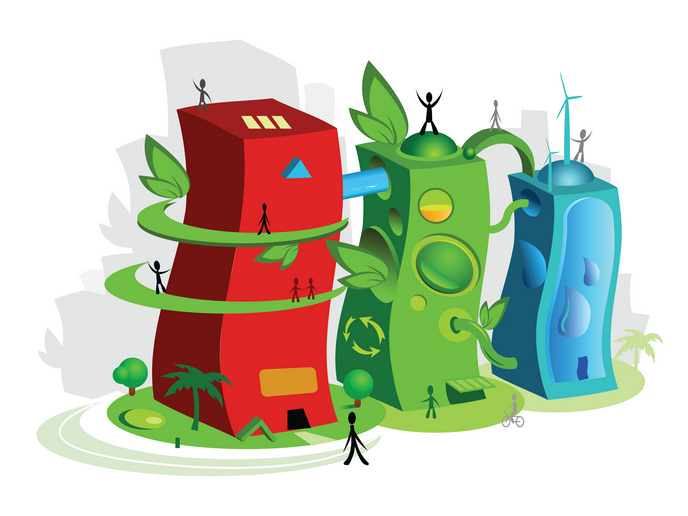Tackling urban problems with nature-based solutions
An unused, derelict site in Belfast’s Lower Botanic Gardens has been earmarked for research and community gardens. This initiative is part of the EU-funded Upsurge project that is aiding urban environmental regeneration by testing nature-based solutions with a focus on air pollution alleviation and climate neutrality. Belfast is one of five European cities playing a key role in Upsurge’s aim to build the EU Regenerative Urban Lighthouse. The Lighthouse will serve as a reference framework for cities to see how tested and verified nature-based solutions can be implemented to alleviate the various environmental problems they face. The community garden, which will be at the north end of the Lower Botanic Gardens (widely known as the Playing Field), has been fenced off and is located next to research plots used by Upsurge project partner Queen’s University Belfast (QUB). It is being run by a community group called Friends of the Field that will implement the nature-based solutions together with QUB and another Upsurge partner, Belfast City Council. The garden was co-designed together with a number of stakeholders and will feature a polytunnel, raised beds and social spaces for teaching and events. It will be used to demonstrate solutions for water harvesting, composting and sustainable local food production. “It’s going to be absolutely extraordinary,” remarks Colin Shaw from Friends of the Field in a ‘BBC’ news item. “We’re not talking a hobbyist weekend garden, it’s much bigger than that. Our garden will serve as a platform for the public to engage with sustainable food growing, learn about biodiversity, and promote environmental protection.”
Research for better soil
In a research garden opened in the Playing Field in 2023, PhD researcher Jennifer Newell of QUB is testing soil contamination and soil improvement methods. She is exploring biochar use to reduce soil metal ingestion and soil CO2 emissions and investigating the potential of clover, mustard and different soil blends for trapping carbon in the ground. “Carbon sequestration - bringing it out of the atmosphere - is a really big topic at the moment,” notes Newell. “So we’re looking at ways of improving that on a nature-based solution site... It’s really making the most out of these solutions to improve lots of other processes.” Two other demo cases besides the northern Irish city are Katowice (Poland), where green bus stops are being created to fight against urban heat islands, and Budapest (Hungary), where a gravel-grass parking lot will help increase water retention and improve air quality. The Upsurge (City-centered approach to catalyze nature-based solutions through the EU Regenerative Urban Lighthouse for pollution alleviation and regenerative development) project’s final two demo cities are Breda (the Netherlands) and Maribor (Slovenia). QUB project lead Prof. Jennifer McKinley states: “Upsurge is the response to the challenges faced by these five cities who are working together to decrease the impacts of climate change in our urban environments.” For more information, please see: Upsurge project website
Keywords
Upsurge, nature-based solution, urban, city, garden, community garden, soil, pollution



